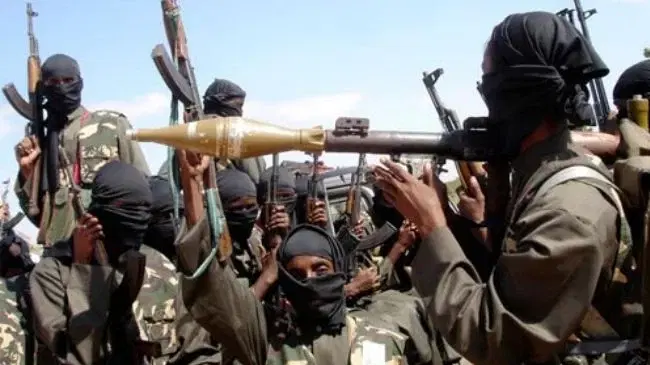
Chadian authorities have arrested a young man believed to be the son of Mohammed Yusuf, founder of the Boko Haram insurgent group, alongside five other individuals suspected of terrorism.
The detainee, reportedly around 18 years old, is accused of leading a cell linked to ISWAP, an Islamic State-affiliated faction operating in West Africa. Authorities have confirmed the arrests but have not officially verified the identities of those detained.
According to Nigerian security sources, the suspected son, Muslim Mohammed Yusuf, was apprehended under the alias Abdrahman Mahamat Abdoulaye. The group he allegedly led is thought to have been active in western Chad, a region already affected by the expansion of IS-linked factions.
Chadian police spokesman Paul Manga said, “The legal process is ongoing, and the investigation is continuing to determine the true identities of the detainees.” He added that all six suspects were found without identity documents, complicating the verification process.
This arrest comes amid intensified security cooperation across the Lake Chad Basin, including Nigeria and Niger, as regional authorities step up efforts to dismantle cross-border Boko Haram and ISWAP networks.
Experts warn that the fight against these insurgent groups remains a priority due to their long-standing presence and impact on regional stability.
Boko Haram, since the death of its founder Mohammed Yusuf in 2009, has fragmented, giving rise to ISWAP. The latter continues to conduct attacks across the region, causing thousands of deaths and displacing countless civilians over more than a decade.
The arrest in Chad is seen by analysts as a potential milestone in regional counterterrorism operations.
Observers note that confirming the identities of the detainees, particularly establishing a link to Mohammed Yusuf’s family, will be crucial. If verified, the arrest could bolster regional security collaboration and serve as a diplomatic tool for N’Djamena in negotiations with neighboring states.
Chadian authorities have confirmed that the suspects remain in custody while judicial investigations proceed, highlighting the continued vigilance against jihadist networks in the Lake Chad Basin and the broader Sahel region.



